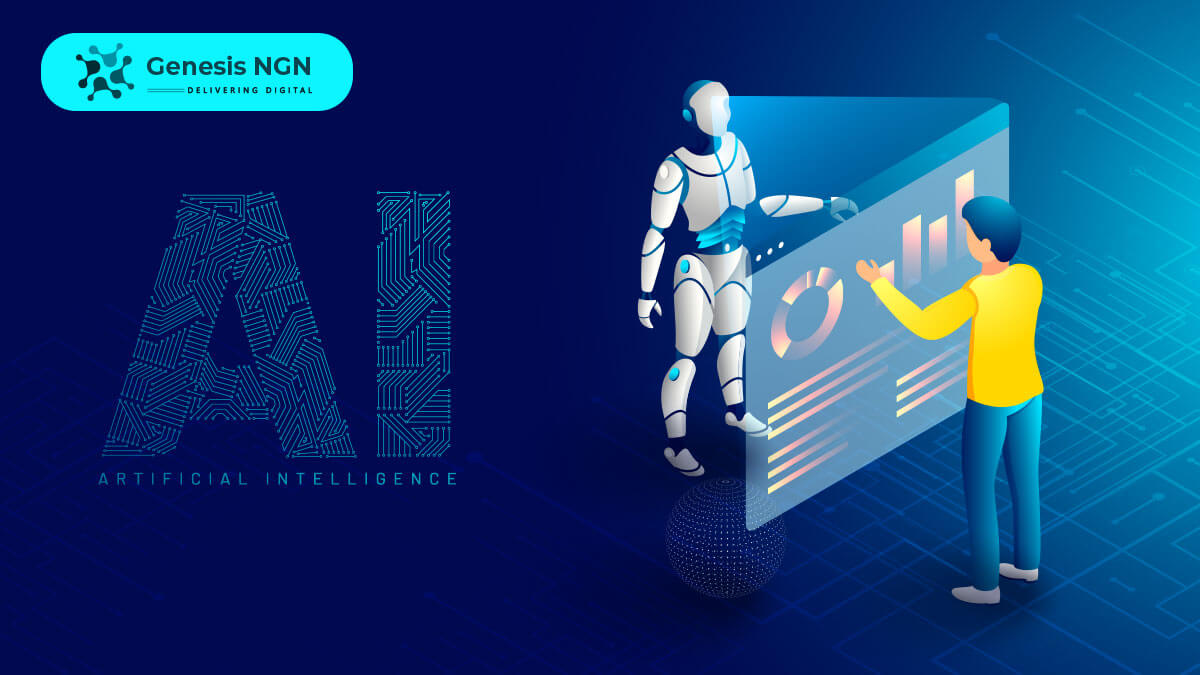The construction business is one of the oldest professions. People have been constructing structures and shelters for millennia, and it remains among the top five industries in driving the world economy. The construction industry is on the verge of digital transformation, which holds numerous opportunities in store. In recent times, construction businesses have increasingly started employing AI (artificial intelligence) in a range of ways to enhance the efficiency of the entire value chain. From optimizing work plans to promoting workplace safety to having a secure watch on construction materials and facilities, AI in the construction business is proving its value.
Let’s have a look at the benefits of AI in Construction.
Benefits of AI in Construction
Digital transformation is the future of the construction industry. AI and machine learning are helping to make the worksites more productive and are saving money in this process. AI solutions are emerging in the construction industry with a lot of benefits. Here are some of the benefits of AI in construction:
Prevent Cost Overruns
In the construction industry, it is quite normal that the large-scale projects go over budget despite employing the best teams for the project. Artificial Neural Networks are adopted to predict cost overruns on the basis of factors like contract type, project size, and the capability level of project administrators. Historical data like intended start and end dates are employed by predictive models to propose a realistic schedule for future projects. Artificial intelligence assists workers remotely locate training material to enhance the skills and knowledge immediately. It reduces the time needed to onboard new resources on projects. This results in the expedited time of project delivery.
Risk Mitigation
The construction industry has certain risk factors that come in a lot of forms like cost risk, safety, time, and quality. The larger the project, the more risk. Multiple sub-contractors work on several trades in parallel on the worksite. Nowadays, constructors use AI solutions to monitor the worksite so that the team can focus on more significant risk factors. AI solutions are employed to assign preference to problems. Subcontractors are determined on the basis of risk score so that construction supervisors can work with high-risk teams to reduce risk.
Project Planning
In 2018, an AI Startup was launched with the promise that its AI sources and robots can solve over-budget and delayed construction projects. The organization uses robots to capture 3D scans of the sites. After that, they feed the data in a broad neural network that analyzes how far along various sub-projects are. If the outcome appears off track, If things seem off track, the administration team can intervene to manage small issues before they become a major one. In the coming future, algorithms will use an AI technique named ‘reinforcement learning’ which will enable algorithms to learn on the basis of trial and error. This technology will assist a lot in project planning as it will choose the best path and will correct itself over time.
Construction Safety
In the construction industry, the lives of the workers are five times more at risk than in any other industry. OSHA states that the leading causes of deaths in the construction business were by falls, followed by a hit with an object, push, and caught-in between something. A significant reason for this hazardous incident is workers not wearing protective gear. AI solutions can compute risk ratings at the worksite, so safety instructions can be given when a threat is detected.
Automate Project Site Monitoring
By automating the site monitoring, the construction industry will be capable of making quicker and smarter decisions on the basis of hard data. With the help of AI sources, the company can capture, track, and classify things on the worksite like vehicles, equipment, or workers. Tracking the happenings of the worksite means gathering additional insights. It can employ the construction manager to provide notifications and alerts to trigger rapid responses. Also, it is vital to prevent safety hazards, ensuring employee productivity, and monitoring materials and costs. The data obtained from the worksite can be used by managers for the updates. The construction industry can use drones for the collection of data.
Final Words
In the upcoming times, AI will alter business standards in the construction industry by reducing errors and worksite injuries, and by making construction operations more efficient. Now, the construction industry should prioritize investment in the spaces where AI can produce more benefits for the unique needs of the company. Companies adopting AI solutions now will set the direction of the industry and will benefit in the short and long term.

